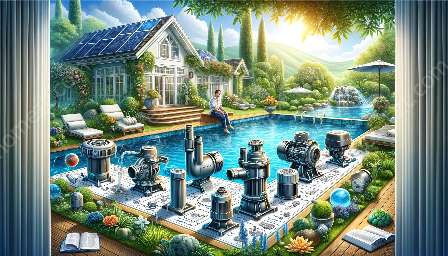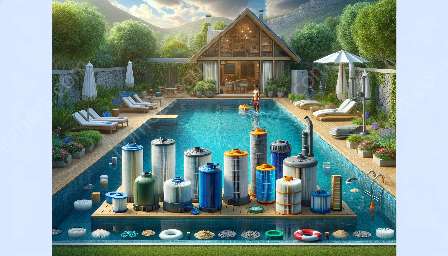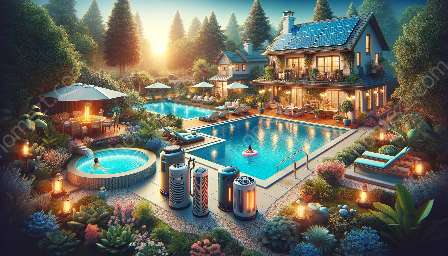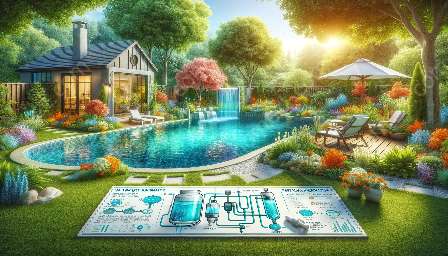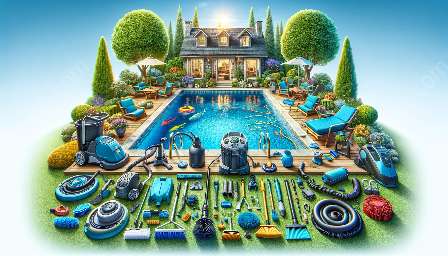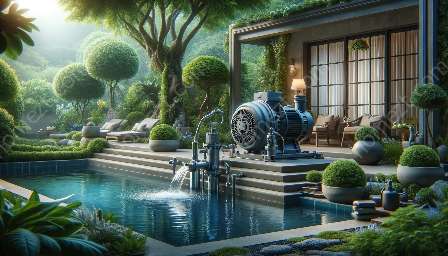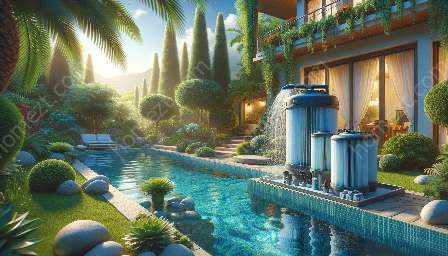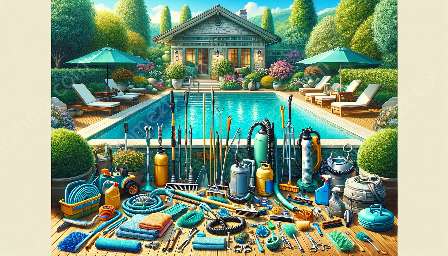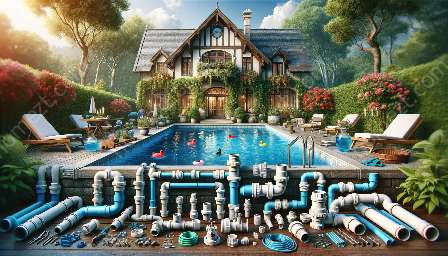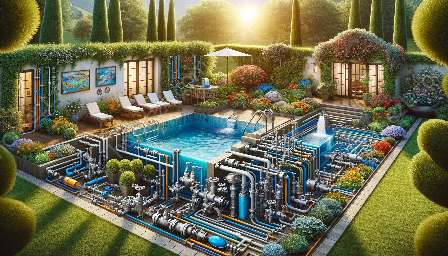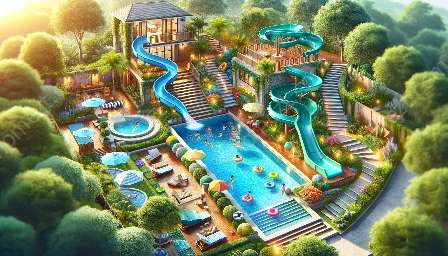Swimming pools and spas require consistent maintenance to ensure they remain clean and functional. One vital aspect of this maintenance is the regulation of water levels, which is where pool water levelers come into play. In this comprehensive guide, we will explore the importance of maintaining proper water levels in pools and spas, the role of water levelers in achieving this, and their compatibility with various pool equipment.
The Role of Pool Water Levelers
Proper water levels are crucial for the optimal functioning of swimming pools and spas. Inadequate water levels can affect water circulation, filtration, and chemical distribution, leading to an imbalance in water quality and potential equipment damage. Pool water levelers are designed to maintain consistent water levels by automatically adding water when levels drop below a certain point, thus ensuring the smooth operation of pool systems.
How Pool Water Levelers Work
Most pool water levelers utilize a float valve mechanism that is connected to the water supply. When the water level decreases, the float valve triggers the inlet valve to open, allowing water to enter the pool until the desired level is reached. Once the water level is restored, the float valve closes the inlet, preventing overfilling. This automated process eliminates the need for manual monitoring and adjustment of water levels, saving time and effort for pool owners.
Compatibility with Pool Equipment
Pool water levelers are designed to seamlessly integrate with various pool equipment, including filtration systems, pumps, and chemical feeders. By maintaining optimal water levels, these devices support the efficient operation of other pool components, prolonging their lifespan and enhancing overall pool performance. Additionally, water levelers can be synchronized with pool automation systems, allowing for centralized control and monitoring of water levels alongside other pool functions.
Choosing the Right Water Leveler
When selecting a pool water leveler, it's essential to consider factors such as pool size, water supply pressure, and compatibility with existing pool equipment. Some water levelers offer additional features, such as adjustable fill settings, low-water shutoff, and anti-siphon protection, which enhance their functionality and reliability. By choosing the right water leveler for your pool or spa, you can ensure consistent water levels and minimize the risk of equipment damage due to fluctuations.
Maintaining Pool Water Levelers
Regular maintenance of pool water levelers is crucial to their continued efficiency. Inspecting for any signs of wear, cleaning the float mechanism, and checking for proper alignment are essential tasks to ensure smooth operation. Periodic testing of the water leveler's functionality and adjusting its settings as needed will contribute to consistent performance and peace of mind for pool owners.
Conclusion
Pool water levelers play a vital role in maintaining optimal water levels for swimming pools and spas. By automatically regulating water levels, these devices support the efficient functioning of pool equipment and contribute to overall water quality. Understanding the importance of water level regulation and the compatibility of water levelers with pool equipment is essential for pool owners and maintenance professionals to ensure the longevity and performance of their pool systems.

